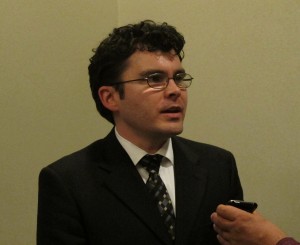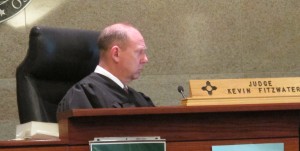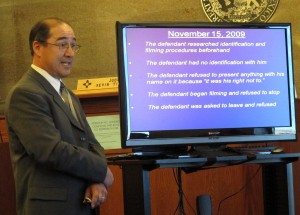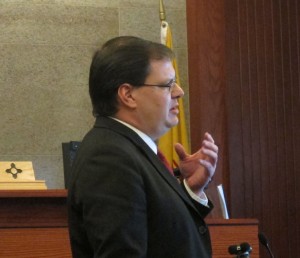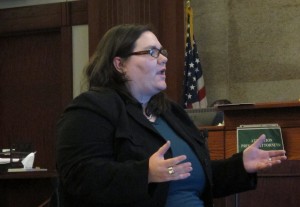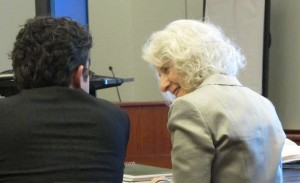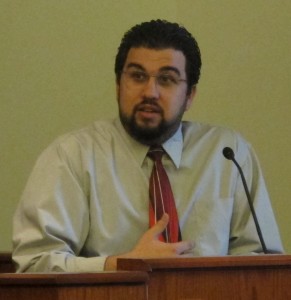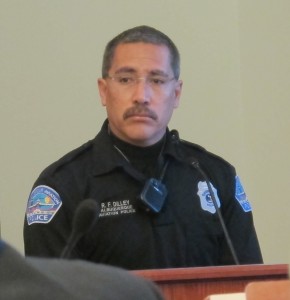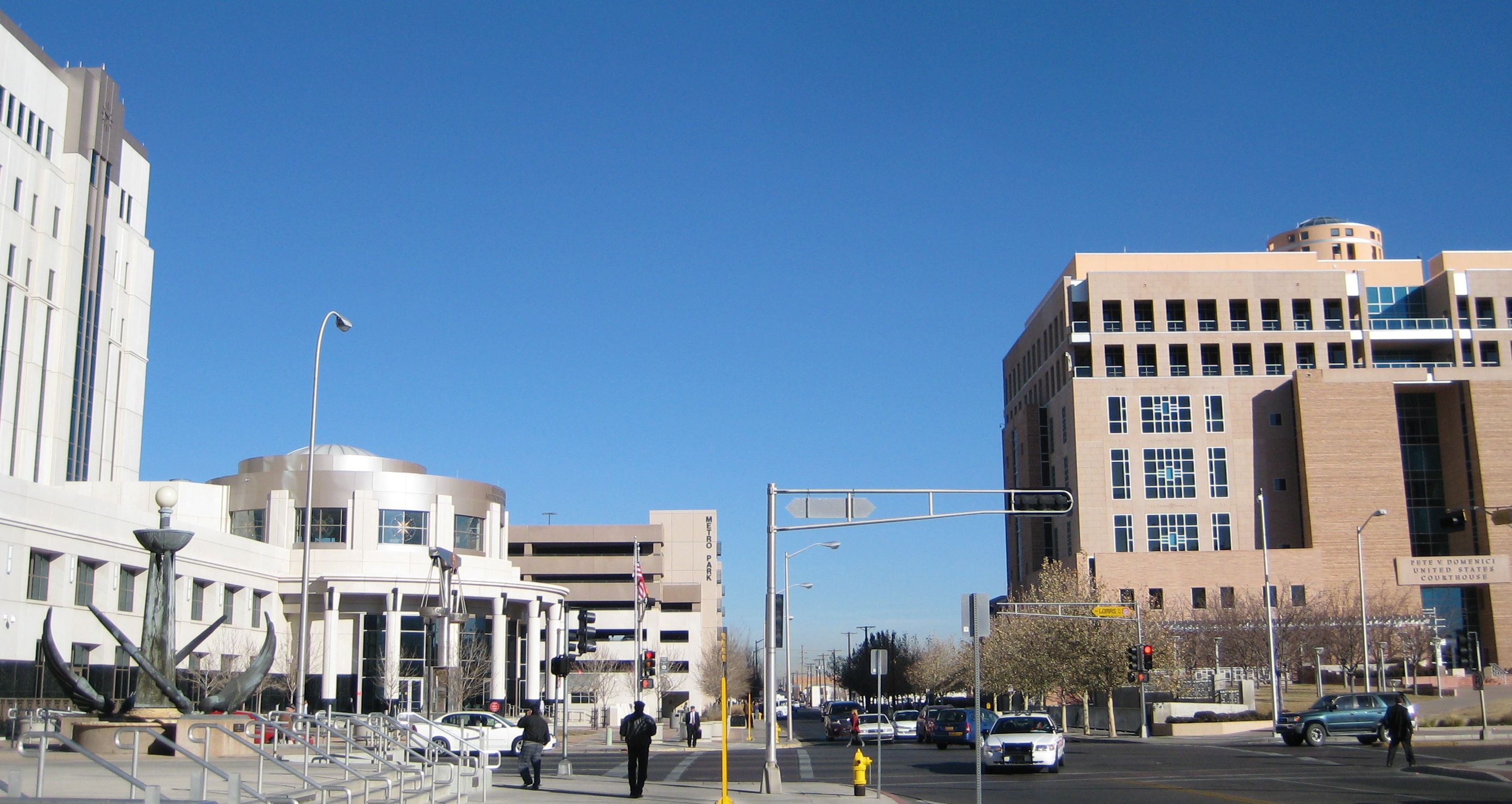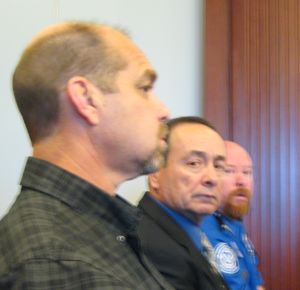Audio: State of New Mexico v. Phillip Mocek
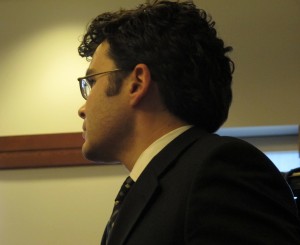 We’ve uploaded our complete audio recording and some of our photos of Phil Mocek’s trial to the Internet Archive (Archive.org). Trials at this level in New Mexico are neither recorded nor transcribed by the court, so this is the most nearly complete record of the trial available.
We’ve uploaded our complete audio recording and some of our photos of Phil Mocek’s trial to the Internet Archive (Archive.org). Trials at this level in New Mexico are neither recorded nor transcribed by the court, so this is the most nearly complete record of the trial available.
The MP3 recordings can be streamed from here or downloaded directly from the links below:
Thursday, January 20, 2011 (Day 1):
- Track 1 – Case called
- [court handles other cases – not recorded]
- Track 2 – Ready for trial
- [court handles other cases – not recorded]
- Track 3 – Preliminary motions
- [jury selection – closed to press and public and not recorded by order of the court]
- Track 4 – Opening statements (see brief video excerpts from both prosecution and defense opening arguments in this news report from KOB-TV, Albuquerque)
- [lunch recess]
- Track 5 – TSA Lead TSO Breedon (1)
- [video played to jury – not recorded on audio]
- Track 6 – TSA Lead TSO Breedon (2)
Friday, January 21, 2011 (Day 2):
- Track 7 – Albuquerque Aviation P.D. Officer Dilley (1)
- [recess]
- Track 8 – Albuquerque Aviation P.D. Officer Dilley (2) and motions
- [lunch recess]
- Track 9 – Motions
- [recess]
- Track 10 – Jury instructions and closing arguments
- [jury deliberations; just over 1 hour]
- Track 11 – “Not guilty” verdict on all counts
- [court adjourned]
- Track 12 – Mr. Mocek’s responses to questions from the press in the hallway outside the courtroom, immediately after the verdict (audio is complete; video excerpts from KOB-TV)
Dramatis Personae:
- Phillip Mocek, Defendant
- Judge Kevin L. Fitzwater, Bernalillo County Metropolitan Court
- Bernalillo County Chief Deputy District Attorney Mark Drebing (closing argument)
- Bernalillo County Deputy District Attorney Daniel Rislove (opening argument)
- Molly Schmidt-Nowara, Defense Counsel (closing argument)
- Nancy Hollander, Defense Counsel (opening argument)
- TSA Lead Transportation Security “Officer” Jonathon Breedon
- Albuquerque Aviation Police Department Officer Robert F. Dilley
- The ladies of the jury (not publicly named and not heard on the recording)
White noise heard on the recording was played in the courtroom during “sidebar” discussions when the jury was present, to keep these discussions from being heard by the jury.
Except during opening and closing arguments, when the recordings were made from the podium, these recordings were made from a single spot in the audience, behind the bar. We were permitted to record, with the court’s permission, but we were not permitted to fix microphones or wires or tap into the public address system. We apologize for any inadvertent gaps.
More:
- FAQ and additional links: State of New Mexico v. Phillip Mocek
- Our analysis of the verdict and what it means
- Why are we here in Albuquerque at Phil Mocek’s trial?
- FAQ: What you need to know about your rights at the airport
(Click images for high-resolution versions. Please credit photos to PapersPlease.org.)
